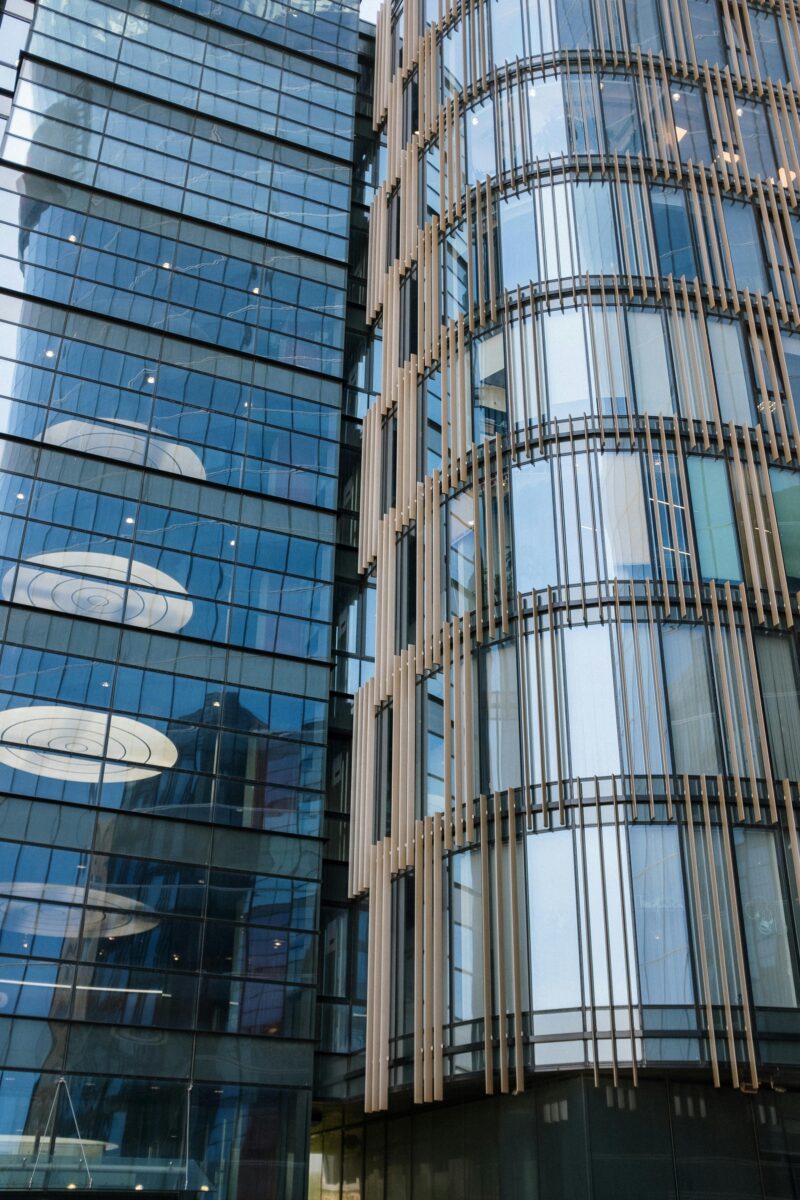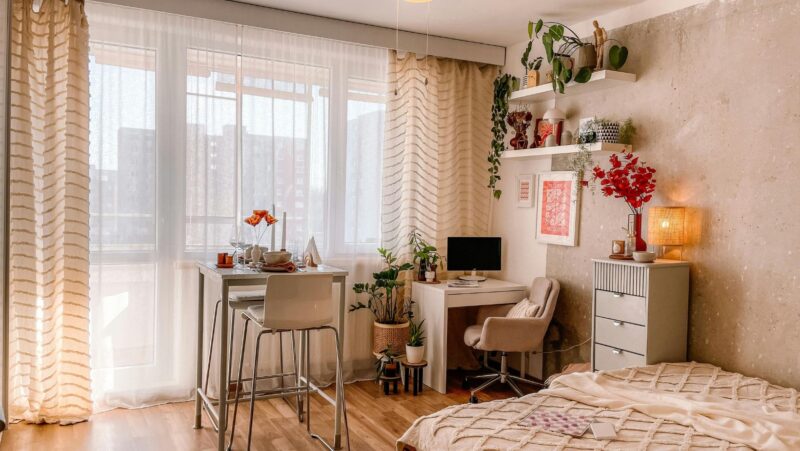
Worcester is often compared to other major Massachusetts cities—Boston, Cambridge, Brookline. Unlike them, Worcester offers more affordable housing, a smaller population, and a calmer pace of life, all while giving access to the same state-level infrastructure. If Boston is about energy and high prices, Worcester is about balance, stability, and functionality. The city consistently ranks among the top places to live in Central Massachusetts due to its combination of educational centers, strong healthcare, transportation access, and diverse neighborhoods.
Worcester is the second-largest city in Massachusetts and one of the fastest-growing in the region. It’s quietly becoming a destination for families, students, working professionals, and retirees. Why? Lower cost of living, less stress, and full access to all essential services. If you’re planning a move, movers Worcester can help you relocate stress-free—whether it’s an apartment, house, or office. Here’s what you need to know about whether Worcester is right for you.
Who’s Moving to Worcester—and Why? Stats & Real Trends
According to data from the U.S. Census Bureau and Massachusetts Housing Partnership, over 59,000 new residents moved to Massachusetts in 2023, with more than 18,000 choosing the central part of the state, including Worcester. People are leaving more expensive cities—especially Boston—in search of affordable housing, strong healthcare, and a better quality of life.
📊 Suggested graph: Worcester’s population has grown from 181,000 in 2010 to over 206,000 by 2023. The largest growth is among young professionals (ages 25–34), students, and families with children.
For Students: Affordable Rent and Academic Environment
Worcester is home to more than 10 universities and colleges, including:
- Clark University — a private research university
- Worcester Polytechnic Institute (WPI) — a leader in STEM education
- Assumption University — focused on liberal arts
According to StudyMass, over 35% of students in Worcester are from outside the city or out of state, giving the city a dynamic and multicultural academic vibe.
The city offers full infrastructure for students—libraries, cafes, coworking spaces, housing, and public transit. Programs include student transportation discounts (MBTA), rent support for low-income students, and campus-based resource centers.
Rent for a studio starts at around $1,100 per month, compared to $1,700+ in Boston. This makes it possible for students to live and study without overwhelming financial pressure.
For Working Professionals: Flexibility and Opportunity
Being just an hour away from Boston via MBTA commuter rail, Worcester is ideal for hybrid workers and professionals in healthcare, education, biotech, and IT.
According to Mass.gov and Niche:
- The unemployment rate in Worcester is below the national average (~4%)
- Average salaries have been steadily increasing since 2019
- The city ranks among the top 30 for “income-to-living-cost ratio” in New England
Worcester is home to:
- UMass Memorial Health — the region’s largest medical employer
- AbbVie Bioresearch Center — biotech HQ
- Saint Vincent Hospital
- The Hanover Insurance Group — one of the oldest insurance companies in the U.S.
Startups in medtech, green tech, and IT are also on the rise. Examples include Blue Sky Biotech, Mustang Bio, and OncoPep, all based in Worcester and linked with local universities.
For Families: Schools, Safety, and Affordable Neighborhoods
Worcester is among the top family-friendly cities in Massachusetts, offering a balanced mix of affordability, safety, and access to education.
According to GreatSchools, many public and private schools in Worcester score 7–9 out of 10. In neighborhoods like Tatnuck, West Side, and Indian Hill, schools consistently perform well, and crime rates are lower than the state average.
|
Neighborhood |
School Ratings |
Safety |
Avg. Rent (2-bed) |
|
Tatnuck |
8.5 |
High |
$1,700 |
|
West Side |
9.0 |
Very High |
$1,800 |
|
Grafton Hill |
7.5 |
Moderate |
$1,600 |
Worcester offers dozens of preschools and early learning centers, including STEM- and language-focused programs. There’s also access to sports, arts, YMCA branches, libraries, and green spaces—all essentials for active family life.
For Retirees: Healthcare, Tranquility, and Access
According to Numbeo and AARP, Worcester is in the top 10 Massachusetts cities for healthcare access per capita. Major facilities include:
- UMass Memorial Medical Center
- Saint Vincent Hospital
- Jewish Healthcare Center
The city is also known for:
- Senior programs: transit, healthcare, meals, housing discounts
- Age-friendly communities: 55+ developments and senior apartments
- A network of active senior centers, such as Worcester Senior Center (Belmont St) and Pleasant Street Neighborhood Center
- Programming: fitness classes, games, crafts, volunteering, and more
Worcester’s cost of living is 12–15% lower than in Newton, Brookline, or Cambridge, making it an affordable option for retirees who want access to quality care and a calm pace of life.
Final Thoughts: Could Worcester Be Right for You?
Worcester may not have the glamor of a big city, but it offers something many people are looking for—stability, affordability, and options. Whether you’re:
- a student looking for infrastructure and affordability
- a professional seeking career-life balance
- a parent prioritizing education and safety
- a retiree needing access to care and a peaceful lifestyle
…this city might be exactly what you’re after.
Planning a move? Reach out to movers Worcester to make the transition smooth, reliable, and stress-free














